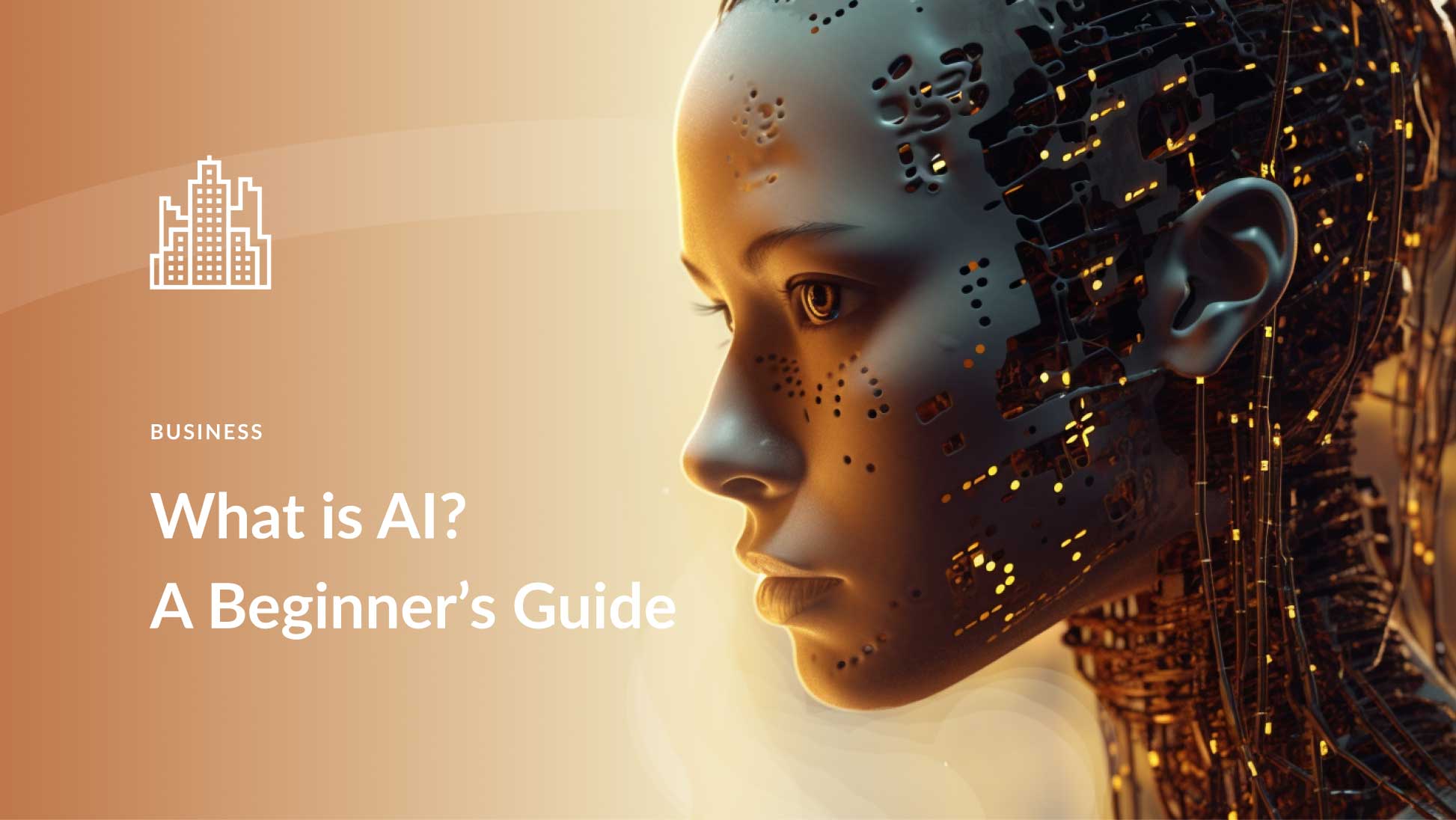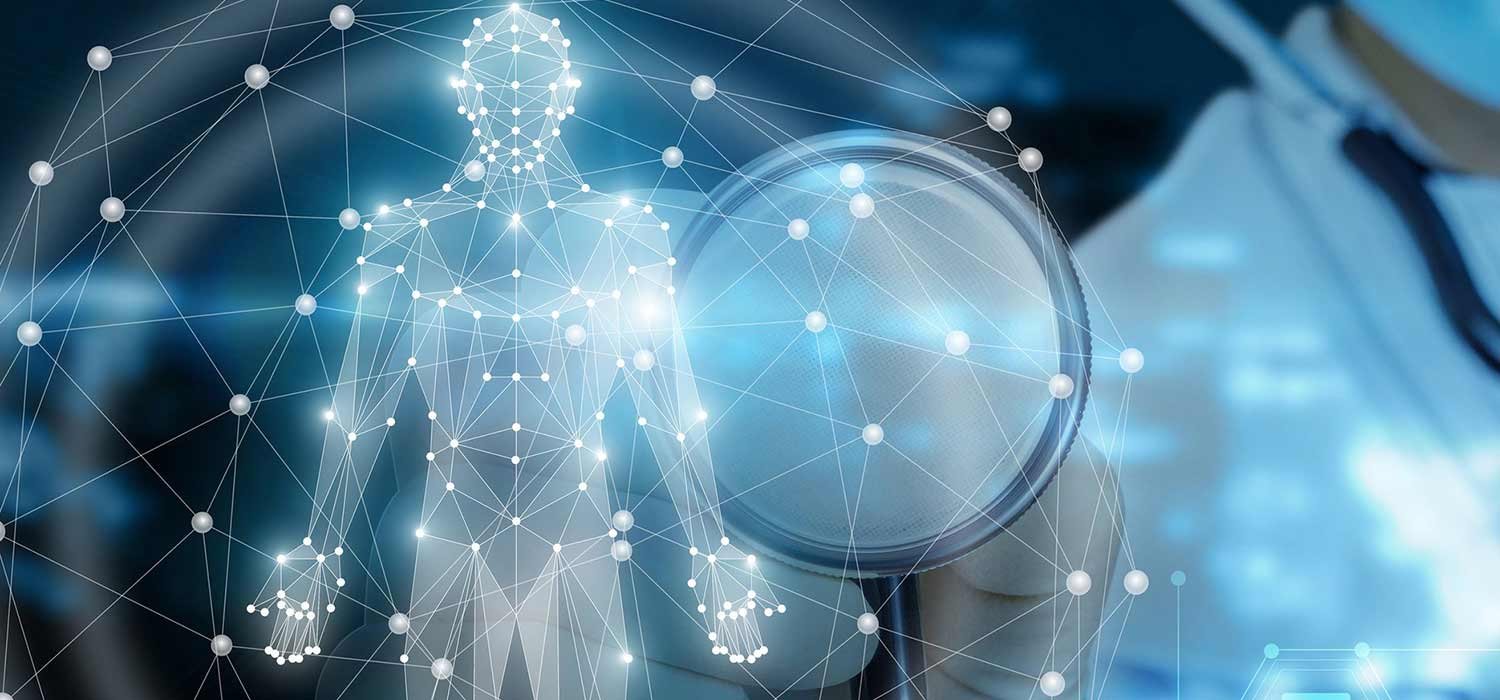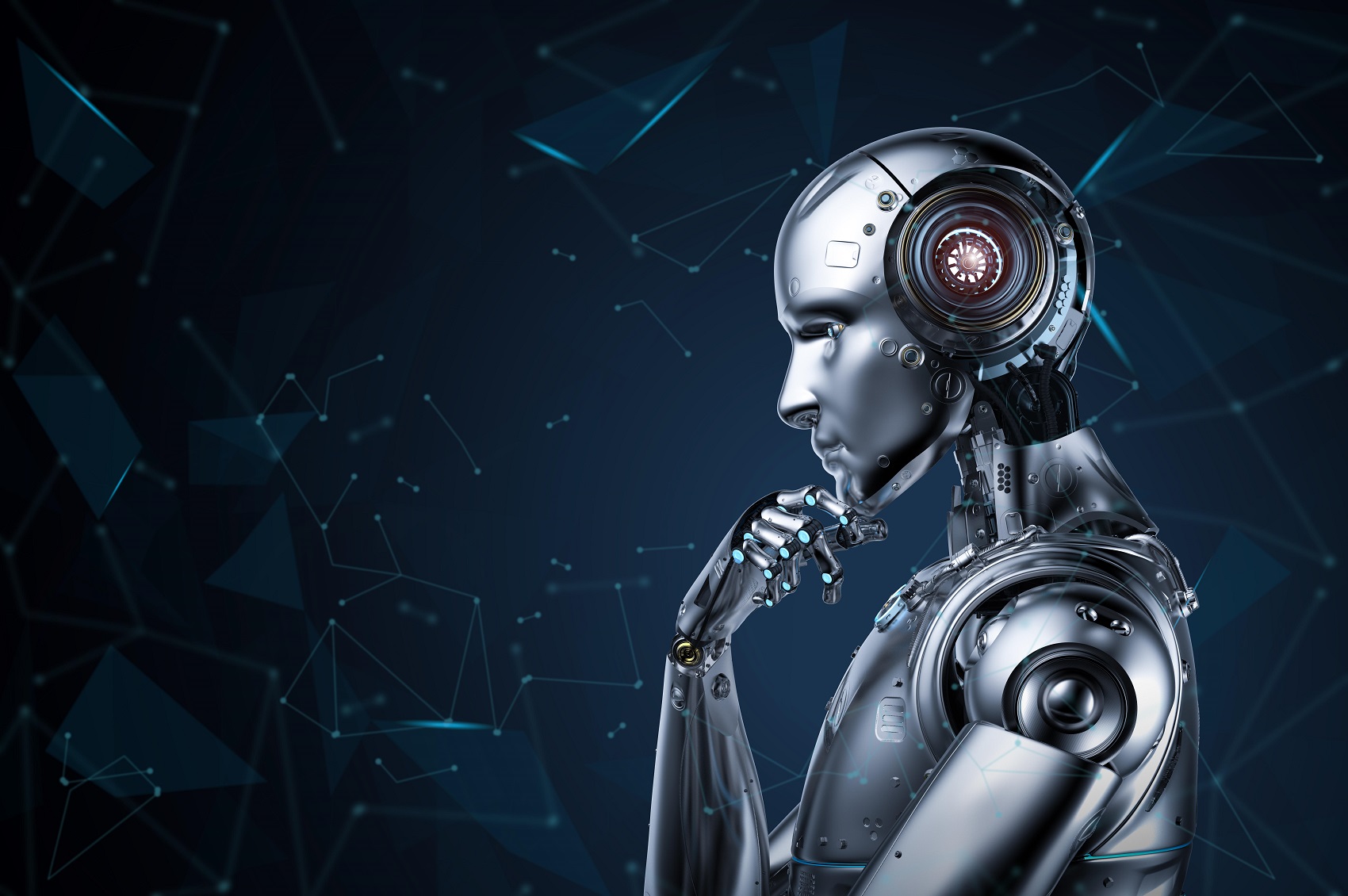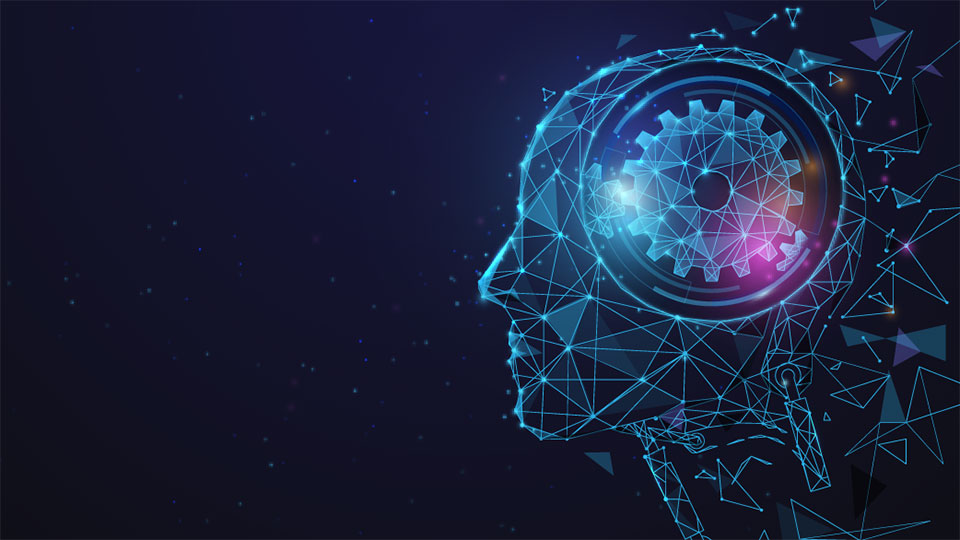
Technology is changing our world at an impressive pace! Its sweeping modifications can be found everywhere and they can be referred to as both thrilling, and at the same time frightening. Although individuals in many parts of the world are still trying to come to terms with earlier technological revolutions in addition to their sweeping social and instructional implications - which are still unfolding, wolvesbaneuo.com they have actually been awoken to the truth of yet another digital transformation - the AI transformation.
Artificial Intelligence (AI) innovation refers to the ability of a digital computer or computer-controlled robot to carry out tasks that would otherwise have been brought out by people. AI systems are developed to have the intellectual procedures that identify humans, such as the ability to factor, find significance, generalize or learn from previous experience. With AI technology, large amounts of info and text can be processed far beyond any human capacity. AI can also be used to produce a huge variety of new content.

In the field of Education, AI innovation features the potential to enable brand-new forms of mentor, learning and instructional management. It can also improve finding out experiences and assistance teacher jobs. However, regardless of its favorable potential, AI also presents substantial risks to trainees, the mentor community, education systems and society at big.
What are a few of these risks? AI can decrease mentor and finding out processes to computations and automated jobs in methods that cheapen the function and influence of instructors and weaken their relationships with students. It can narrow education to only that which AI can process, design and deliver. AI can likewise worsen the around the world scarcity of qualified instructors through disproportionate costs on innovation at the expenditure of investment in human capacity advancement.

Using AI in education likewise produces some essential concerns about the capability of teachers to act actively and constructively in figuring out how and wiki.tld-wars.space when to make cautious use of this innovation in an effort to direct their professional growth, discover services to difficulties they face and improve their practice. Such basic concerns consist of:

· What will be the role of teachers if AI innovation end up being commonly carried out in the field of education?
· What will evaluations look like?
· In a world where generative AI systems seem to be developing new abilities by the month, what skills, outlooks and proficiencies should our education system cultivate?
· What changes will be needed in schools and beyond to help students plan and direct their future in a world where human intelligence and device intelligence would appear to have ended up being ever more carefully linked - one supporting the other and vice versa?
· What then would be the purpose or function of education in a world dominated by Expert system technology where human beings will not always be the ones opening brand-new frontiers of understanding and understanding?
All these and more are daunting concerns. They require us to seriously consider the issues that occur concerning the implementation of AI innovation in the field of education. We can no longer just ask: 'How do we get ready for an AI world?' We must go deeper: 'What should a world with AI look like?' 'What functions should this effective innovation play?' 'On whose terms?' 'Who decides?'
Teachers are the main users of AI in education, and they are anticipated to be the designers and facilitators of students' knowing with AI, the guardians of safe and ethical practice throughout AI-rich academic environments, and to act as function models for lifelong finding out about AI. To assume these obligations, instructors require to be supported to develop their capabilities to take advantage of the possible advantages of AI while reducing its threats in education settings and wider society.
AI tools ought to never ever be developed to replace the legitimate responsibility of teachers in education. Teachers ought to stay responsible for pedagogical decisions in the usage of AI in mentor and in facilitating its uses by students. For instructors to be liable at the useful level, a pre-condition is that policymakers, instructor yogicentral.science education organizations and schools assume responsibility for preparing and supporting teachers in the appropriate usage of AI. When presenting AI in education, legal protections need to also be developed to secure teachers' rights, and long-term monetary dedications need to be made to guarantee inclusive access by teachers to technological environments and fundamental AI tools as essential resources for adapting to the AI period.
A human-centered approach to AI in education is crucial - a method that promotes key ethical and

useful concepts to assist regulate and guide practices of all stakeholders throughout the entire life process of AI systems. Education, provided its function to safeguard in addition to help with development and learning, has a special obligation to be completely familiar with and responsive to the dangers of AI - both the recognized dangers and lespoetesbizarres.free.fr those only just appearing. But frequently the threats are overlooked. Using AI in education therefore needs mindful factor to consider, consisting of an evaluation of the evolving functions teachers need to play and the competencies required of instructors to make ethical and reliable use of Artificial Intelligence (AI) Technology.
While AI provides chances to support instructors in both teaching along with in the management of learning processes, meaningful interactions in between instructors and trainees and human flourishing must stay at the center of the instructional experience. Teachers need to not and visualchemy.gallery can not be replaced by innovation - it is essential to secure teachers' rights and make sure adequate working conditions for them in the context of the growing use of AI in the education system, in the office and in society at big.